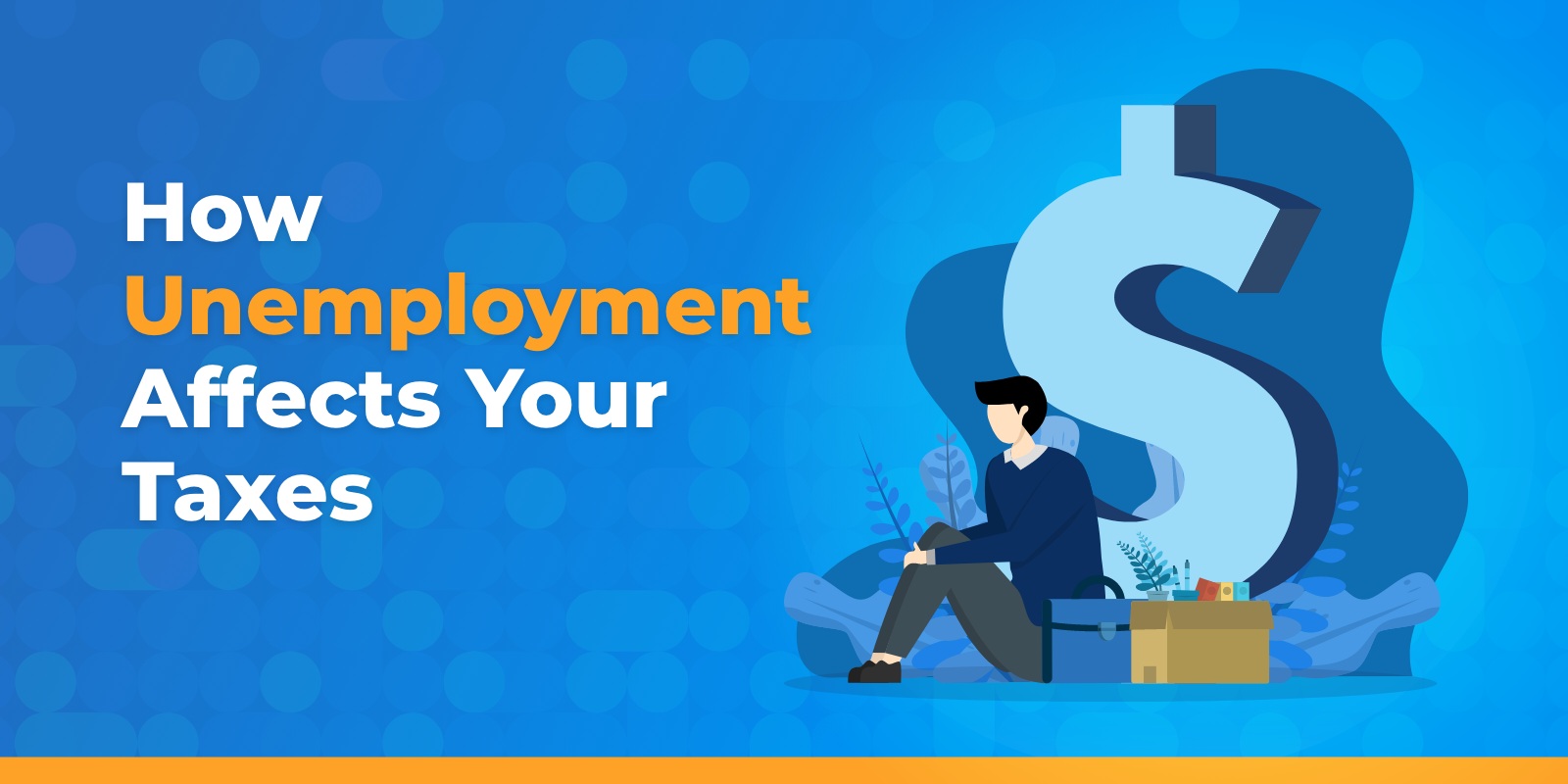
If you spent time unemployed last year, you might be wondering how that’ll affect your tax return this year, especially if it was your first time ever being without work. When it comes to unemployment and taxes, you might have some questions. Here’s a breakdown of how unemployment affects your taxes.
Is Unemployment Taxable?
Perhaps the first question people ask about unemployment is: “Is my unemployment income taxable?” In short, it is taxable. The IRS requires you to report any unemployment income on your federal tax return with Form 1099-G, Certain Government Payments. Most states tax unemployment income as well, except for the few that don’t tax any income and the few that exempt unemployment benefits from income taxes. You can check with your state’s Department of revenue to see if your income is taxed at the state level.
How Do I Pay Unemployment Taxes?
When applying for unemployment benefits, you can request your state to withhold federal taxes from your checks. In this case, 10% will be used to pay federal taxes. You can also make estimated quarterly tax payments throughout the year. If you go this route, be mindful of the deadlines for each quarter: April 15, June 15, September 15, and January 15 of the following year. Your final option is to just pay all taxes due during tax time. The same three options usually also apply to paying taxes at the state level.
Does Unemployment Affect My Tax Credits?
Receiving unemployment benefits might affect your eligibility for certain tax credits. For example, eligibility of the earned income tax credit (EITC) and the child tax credit (CTC) are determined by earned income. Since unemployment benefits are not considered earned income, it could reduce your credit amount or completely disqualify your eligibility. Since the EITC is worth up to $7,430 and the CTC is worth $2,000 per qualifying child in 2024, it is best to check with your tax preparer to see exactly how unemployment will affect your eligibility for tax credits you rely on each year.
Are Other Government Benefits Taxable?
Sometimes the unemployed seek other financial assistance from the government, including housing subsidies, childcare subsidies, and SNAP benefits. You might also accept food donations from food pantries. These benefits are generally not taxable, but you should check with your local benefits offices to confirm.
What If I Can’t Pay My Taxes?
Being unemployed might mean you’re low on funds and might need extra help if you run into issues during tax time. The IRS offers a free tax filing service on their website and Volunteer Income Tax Assistance (VITA) provides free tax preparation for lower-income taxpayers. If your tax issues are bigger or more complex, it might be best to consider tax relief options. Our team of qualified and dedicated tax professionals can help if you have tax debt. Optima Tax Relief is the nation’s leading tax resolution firm with over $1 billion in resolved tax liabilities.
If You Need Tax Help, Contact Us Today for a Free Consultation